5 start with H start with H
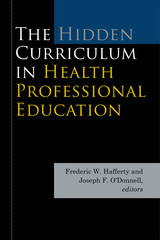
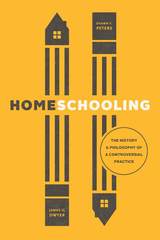
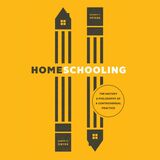
This is an auto-narrated audiobook edition of this book.
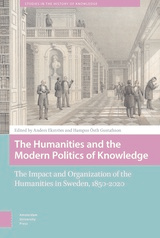
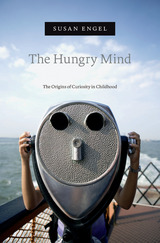
Despite American education’s recent mania for standardized tests, testing misses what really matters about learning: the desire to learn in the first place. Curiosity is vital, but it remains a surprisingly understudied characteristic. The Hungry Mind is a deeply researched, highly readable exploration of what curiosity is, how it can be measured, how it develops in childhood, and how it can be fostered in school.
“Engel draws on the latest social science research and incidents from her own life to understand why curiosity is nearly universal in babies, pervasive in early childhood, and less evident in school…Engel’s most important finding is that most classroom environments discourage curiosity…In an era that prizes quantifiable results, a pedagogy that privileges curiosity is not likely to be a priority.”
—Glenn C. Altschuler, Psychology Today
“Susan Engel’s The Hungry Mind, a book which engages in depth with how our interest and desire to explore the world evolves, makes a valuable contribution not only to the body of academic literature on the developmental and educational psychology of children, but also to our knowledge on why and how we learn.”
—Inez von Weitershausen, LSE Review of Books
READERS
Browse our collection.
PUBLISHERS
See BiblioVault's publisher services.
STUDENT SERVICES
Files for college accessibility offices.
UChicago Accessibility Resources
home | accessibility | search | about | contact us
BiblioVault ® 2001 - 2024
The University of Chicago Press









